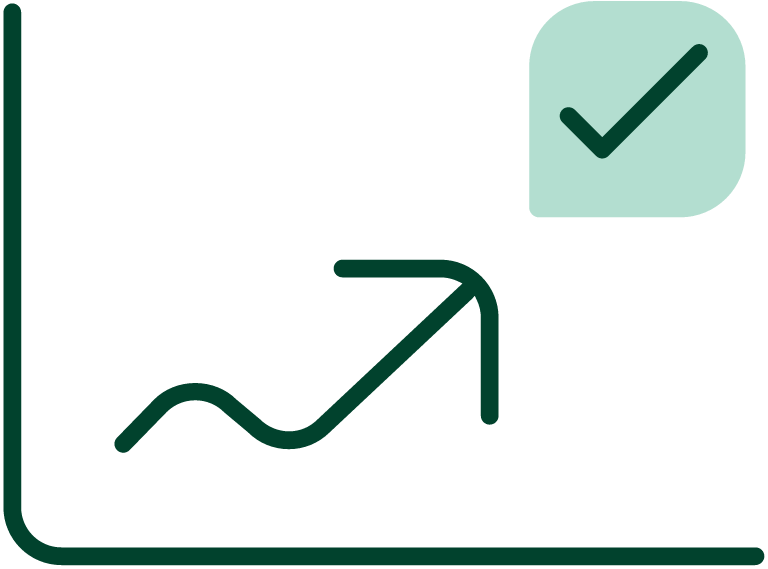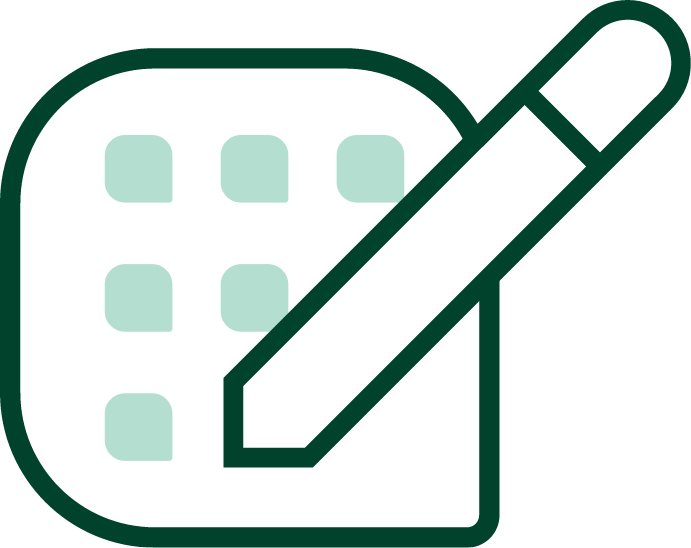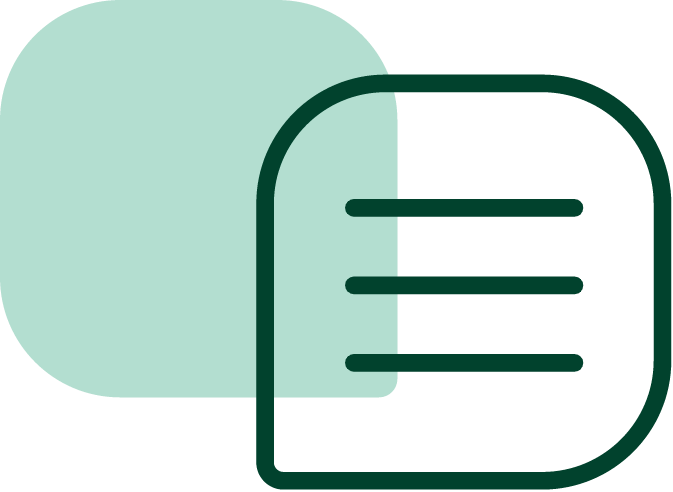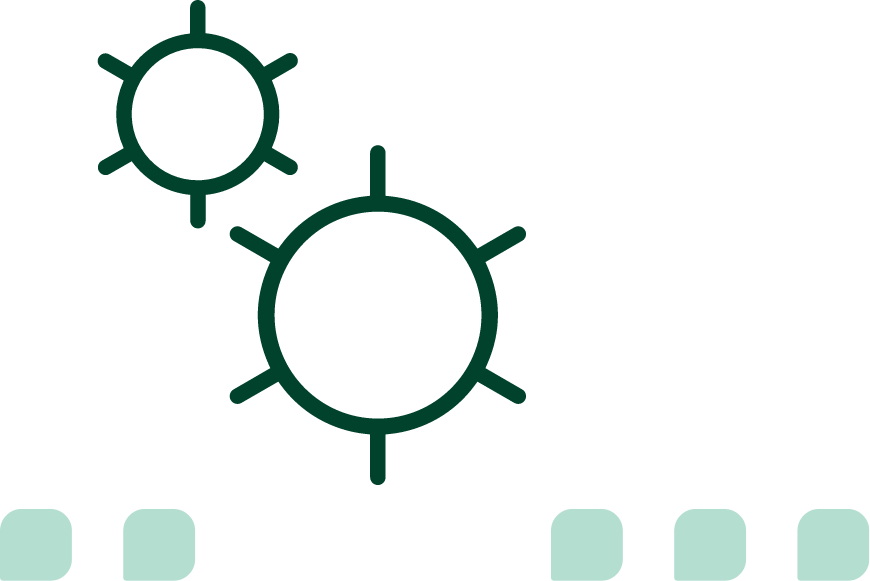One of the tasks small business owners hate most is chasing payments for their invoices. In B2B businesses, bigger companies often take advantage of the smaller bargaining power and put off payment to prioritize other objectives. Even B2C businesses could have a hard time collecting on monies owed. When this happens, the company might decide to appoint a collections representative.
What Is a Collections Representative?
Also known as accounts receivable representatives, these professionals dedicate their efforts to ensuring customers pay their invoices in full and on time. Collections professionals are responsible for making phone calls, sending emails and taking other steps to ensure customers make payments. In some cases, they might even create alternative arrangements or settlements with customers who are struggling to pay.
What Are the Roles of the Collections Representative?
When you hire a professional to manage collections, it frees up others in the business to focus on their core responsibilities. While providing this invaluable accounts receivable service, a representative plays several roles:
1. Sales Liaison
When the collections professional works closely with the sales team, it can prevent a lot of bad transactions from taking place. The sales team will focus heavily on selling and offering credit whenever possible, especially when they receive commission per sale. The collections person may be a part of the process to determine when someone qualifies for credit and under what conditions. The collections person will also need to have an intimate understanding of the sales terms or sales agreements before pursuing payments.
2. Customer Advocate
Depending on the industry or business, accounts receivable representatives may start the collections process by advocating on behalf of customers. For example, at a medical facility, the individual may work with the insurance company or government agencies to ensure all billed procedures are paid. The collections person might recommend creditors customers could use to pay debts to the business when they don’t have cash-in-hand.
3. Customer Service
Collections is a difficult career. It requires level-headedness and excellent customer service skills. Otherwise, the business could lose every customer that lapses on payments. With this risk in mind, most collections professionals begin their communications by sending friendly reminders that payments are due. They must also have some leeway to negotiate in instances where entities are truly unable to pay in full or on time.
4. Reporting
Collections are one of those jobs that pay for themselves, but business owners still need to know to what degree. The rest of the accounting team also needs to know how much cashflow has been generated and the progress debtors have made with paying bills. Collections professionals provide this information via reports. They are also responsible for properly documenting all communications with debtors.
What Role Do Automated Tools Play?
Software now exists that can automate the collections process for business owners. The features differ based on the specific software developers, but these are some of the core functions:
- Send reminders for upcoming payments
- Send reminders when payments aren’t made on-time
- Send follow-up communications to encourage payment
Software can also help the accounts receivable team with forecasting payments and accelerating cashflow. These are two of the many features Gaviti brings to an organization.
Schedule a demo today.


















